Shirakawa-go is the name for a historic village and living museum that is located in Gifu prefecture on Honshu. The entire site, along with that of Gokayama in Toyama is also a UNESCO World Heritage Site, so know that you are heading to a place of important historical and cultural significance in Japan. Certainly, if you haven’t been to a museum village before, then this is one place not to miss off your itinerary.
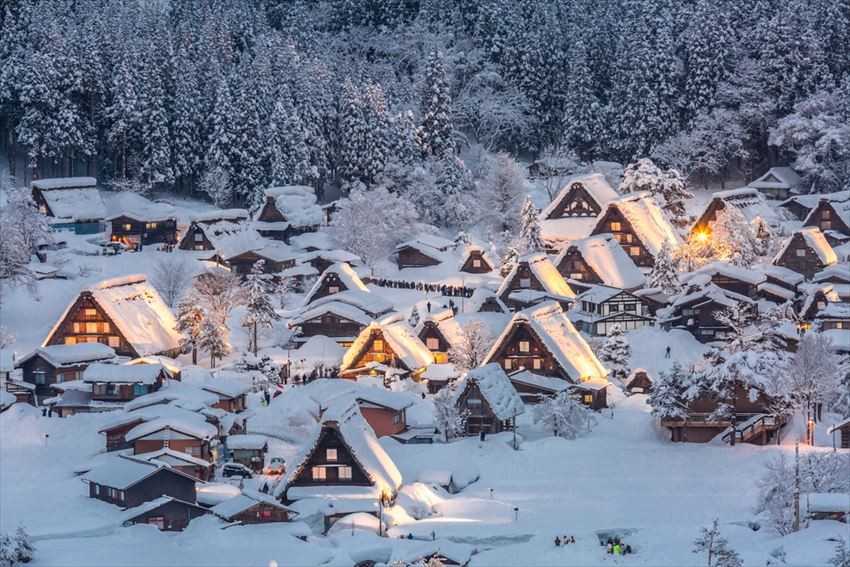
The area is famous thanks to its cute and dainty houses that are built in the gassho style that can be translated as ‘hands together’ as if in prayer, and refers to the shape of the roofs. The slanted design evolved in order to keep the snow off, and as such this is a great place to visit in the winter in Japan, when the area is covered in fluffy snow and ice.
The main part of Shirakawa-go is called Ogimachi, and you will find most of the top attractions here. This is very much a village setting, so along with the traditional houses you will also find other attractions like bathhouses, medical centers, and viewing platforms. There are also actual museums in addition to the houses that have been set up much as they would have been in the days of old, where you can learn all about the evolution of Ogimachi.
Here we take a look at some of the top attractions not to miss in Shirakawa-go…
Shiroyama Viewpoint
If you want to get a look at the layout of Ogimachi and enjoy the views at the same time then you need to take a trip to Shiroyama Viewpoint. The viewpoint is to the north of Ogimachi and you can get there via a walking trail that snakes up to the top and takes around 20 minutes. This is a great way to enjoy some of the natural beauty of the countryside in this part of Honshu, however, if you prefer, there is also a bus that will take you to the viewing platform.
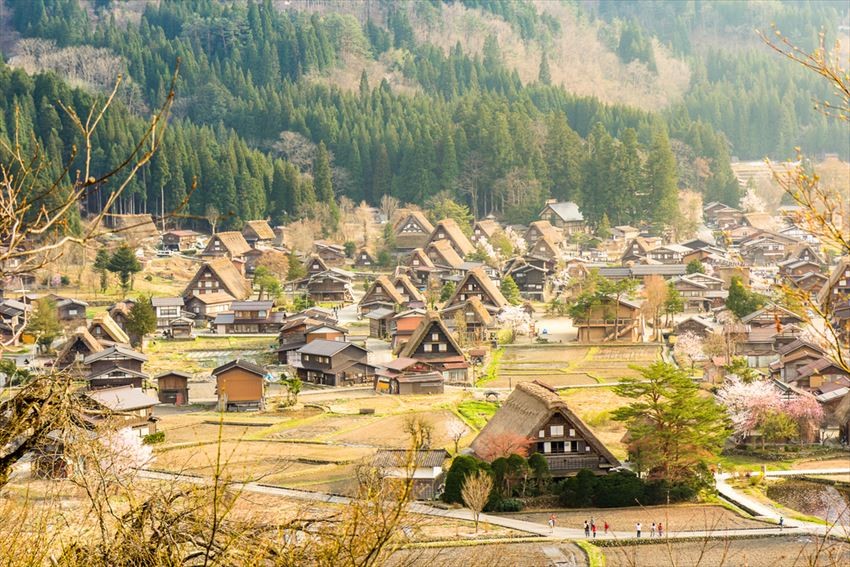
Wada-ke House
The Wada-ke House, as the name suggests belonged to the Wada family who were one of the richest families who used to live in Ogimachi in the days of old. They were also known as the leaders of the village, and as such this is one of the grandest structures here as well as being one of the biggest. For that reason alone, make sure that this is on your list as one place not to miss when you are in town.
Kanda-ke House
For a look at one of the best examples of an intact farmhouse, head to the Kanda-ke House which is now a museum in Ogimachi. The Kanda-ke House is also a good choice to visit when you first arrive as this is one of the most centrally located houses and you can get a look over the village if you climb to the top of the building. The house is surrounded by many other houses, so you will get to see some great examples of the architecture here from this vantage point.
Nagase-ke House
The Nagase family also worked as the village doctors in the days of old, so as you would expect, their home is kind of like the local hospital. As well as the building itself, you will also get a look at a range of period medical equipment that is now on display here. Many houses in the village also have large attic spaces that were used for raising silkworms, and the Nagase-ke House is no exception, so make sure you venture to the tops floors for a look.
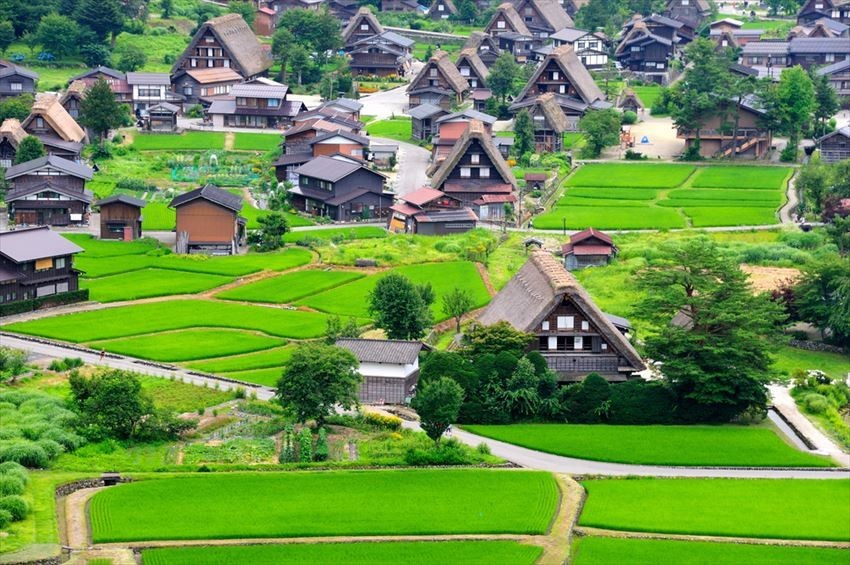
Shirakawa-go no yu
If you want to immerse yourself in the culture of Ogimachi, literally, don’t miss the chance to try out Sjirakawa-go no yu for a local bathhouse experience. This is a great opportunity to feel as if you are part of the living museum here, and is especially fun if you also happen to be staying overnight in one of the houses. You will also get a discount if you booked for a stay at any of the houses in Ogimachi.
Myozenji Temple
Myozenji Temple stands out as it has a thatched roof rather than traditional tiles and is also part of the house that stands next to it. The typical farmhouse next door is actually the home of the local priest, which is why they are connected, and you can visit the pretty temple hall here as well as parts of the house.
Doburoku Festival Museum
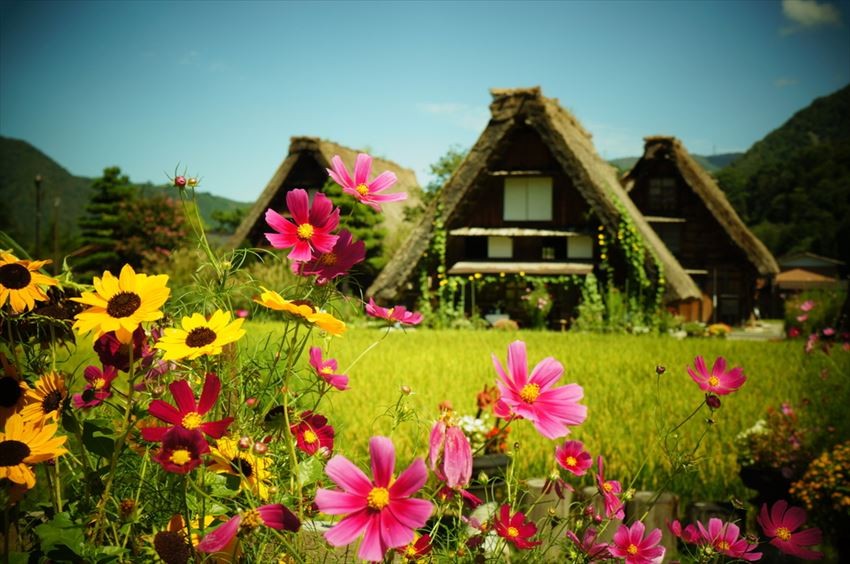
The Doburoku Festival takes place every year on the 14th and 15th of October and you will find all its attractions at the Doburoku Festival Museum. One of the signature parts of the festival is the sake which is made here and is known for having a high rice content in the bottle, so make sure you sample this famous tipple if you happen to be in town at the right time.
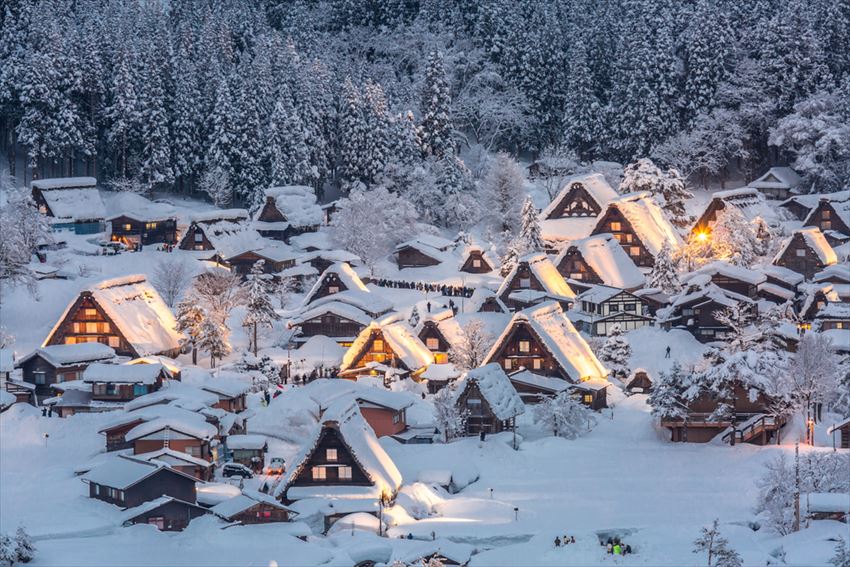
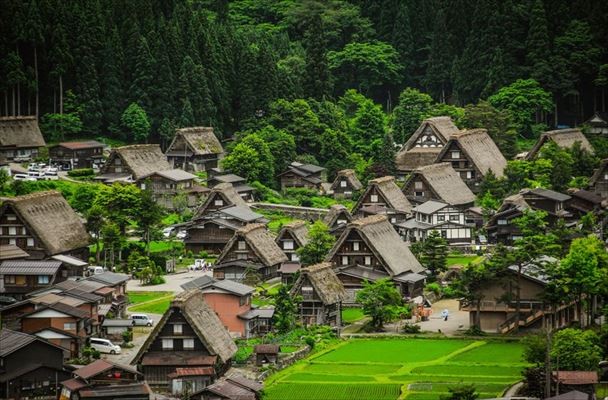
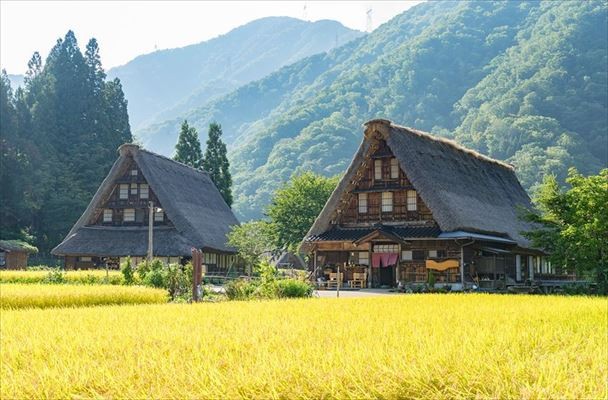
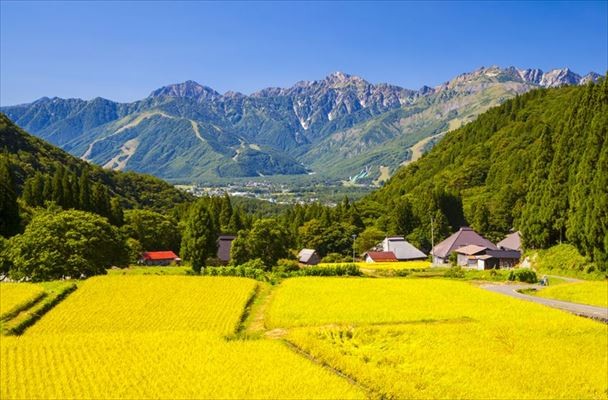
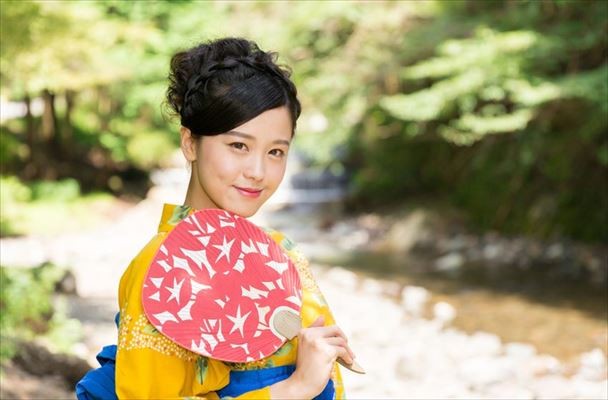

Comments